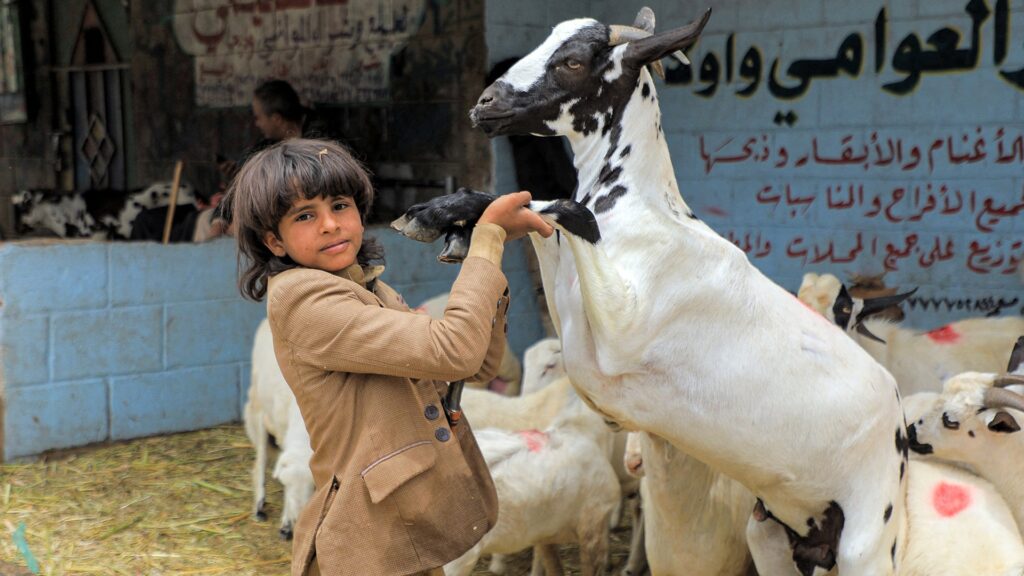Expected Date for Eid-ul-Azha 2023 Revealed:
According to astronomical calculations, Eid-ul-Azha 2023 will be observed on June 28, with the Day of Arafat anticipated to fall on June 27.
Based on predictions, the new moon of Zil Hajj is expected to appear after the conjunction on Sunday, June 18, 2023, at 8:38 PM.
Eid-ul-Azha
Eid-ul-Azha, also known as the Feast of Sacrifice, is the second of two major holidays celebrated by Muslims. It honors the willingness of Ibrahim (Abraham) to sacrifice his son Ismail as an act of obedience to God.
Muslims commemorate this event by sacrificing a lamb or goat and dividing the meat among family, friends, and the poor. The holiday also marks the end of the annual Hajj pilgrimage to Mecca.
Eid-ul-Azha is a time for joy and celebration. Muslims gather for communal prayers, exchange gifts, and feast on delicious food.
It is also a time to reflect on the importance of sacrifice and obedience to God.
Here are some active voice sentences about Eid-ul-Azha:
- Muslims celebrate Eid al-Adha to commemorate the willingness of Ibrahim to sacrifice his son Ismail.
- The holiday marks the end of the annual Hajj pilgrimage to Mecca.
- Eid al-Adha is a time for joy and celebration.
- Muslims gather for communal prayers, exchange gifts, and feast on delicious food.
- It is also a time to reflect on the importance of sacrifice and obedience to God.

Also Read: National Assembly Meets Today With 11-Point Agenda Including Airport Authority And Trade Marks Bills
How Muslims Celebrate Eid-ul-Azha
- Special prayers: The first thing that Muslims do on Eid-ul-Azha is to attend special prayers, known as Salat al-Eid.
- Sacrifice: After the prayers, Muslims who are able to afford it will sacrifice an animal. The most common animals sacrificed are sheep, goats, cows, and camels. The meat from the sacrifice is then divided into three parts: one-third is given to the poor, one-third is given to family and friends, and one-third is kept for the household.
- Visiting family and friends: Eid-ul-Azhaa is a time for visiting family and friends. Muslims will often spend the day visiting their loved ones and exchanging gifts.
- Eating and feasting: Eid al-Adha is a time for eating and feasting. Muslims will often cook traditional dishes and enjoy them with their loved ones.
- Giving to charity: Eid al-Adha is also a time for giving to charity. Muslims will often donate money or food to those in need.
Eid al-Adha is a joyous occasion for Muslims around the world. It is a time to celebrate the blessings of God, to show gratitude, and to connect with loved ones.


